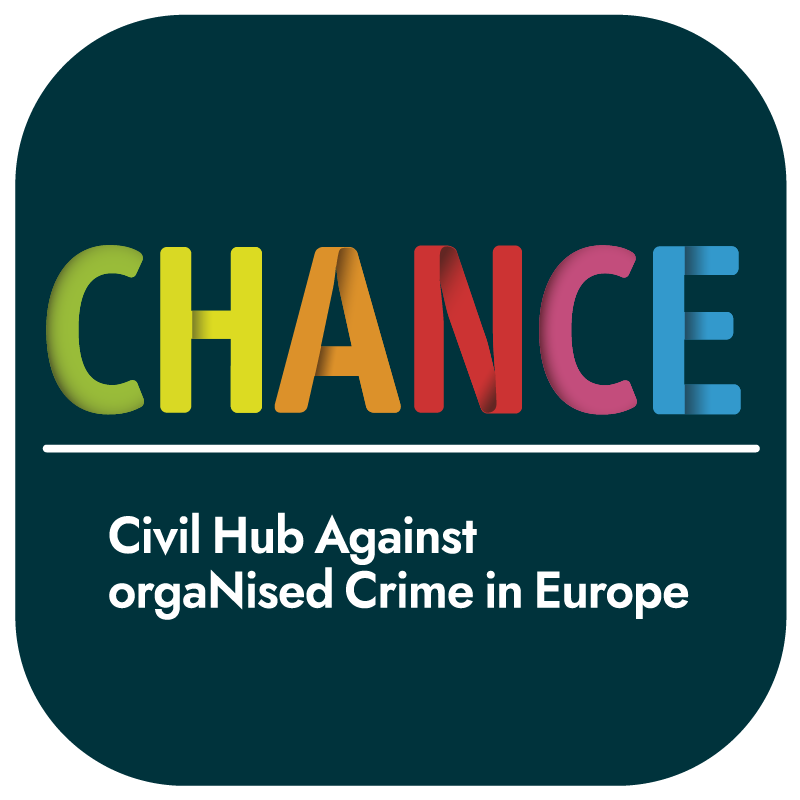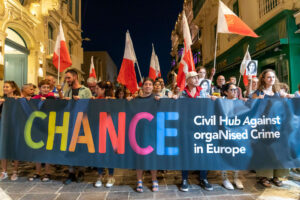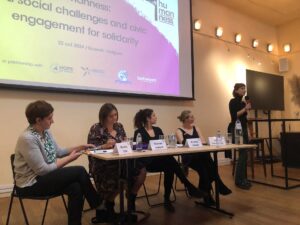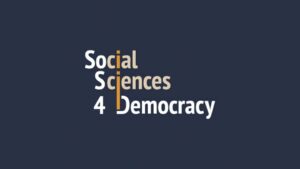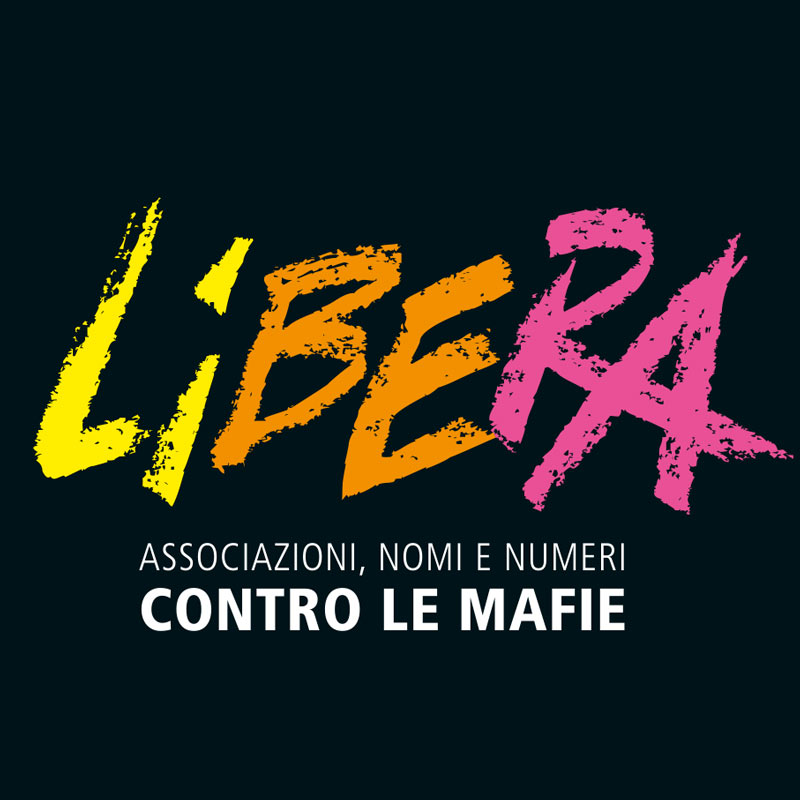RESPOND is a research project funded by a Horizon Europe RIA grant, which will allow us to continue working on corruption and citizens’ responses to it, including actions through digital technologies, education and advocacy.
RESPOND addresses these key challenges for democracy. How exactly does political corruption work in today’s digital societies? How pervasive is its negative impact on democracy? And how can anti-corruption efforts rebuild people’s support for democracy as a regime and encourage their commitment to integrity and their rejection of undemocratic proposals and actions? RESPOND will answer these and other related questions by exploring the phenomenon of political corruption and undue influence in digital societies and proposing solutions to combat it.
Project Objectives
RESPOND aims to achieve four ambitious objectives:
- Analyse four contemporary and relevant forms of political influence (political finance, lobbying, revolving doors/personal ties, and media capture) to understand when they become problematic forms of influence linked to specific patterns of political corruption, undermining fair competition and broad participation in political decision-making processes.
- Evaluate how political elites and citizens understand political corruption and how it is socially constructed through media and education, as well as its implications for both the legitimacy and credibility of democracy and responses to this global problem of political corruption.
- Explore how established and emerging digital technologies are intertwined with political corruption and how they enhance anti-corruption and pro-integrity strategies at both national and transnational levels.
- Engage in co-creation with relevant stakeholders to design, test and revise practices and tools, including new risk indicators developed by RESPOND, to improve citizen monitoring and integrity in contemporary democracies.
The project sustains the European Union’s efforts to ensure the strength of democracy and restore civil society’s confidence in democratic values.
Proposed Activities
RESPOND will develop extensive research through a novel interdisciplinary assessment of political corruption, understood here as behaviours and actions that often proliferate in grey areas of legality, leading to biassed decision-making and exclusion in the political cycle.
Based on a mixed-methods research design, RESPOND examines 27 EU countries and 11 neighbouring countries.
During the five years of the project, Libera will focus on:
– Improving and replicating its anti-corruption empowerment approach and training in other European countries.
– Developing hands-on recommendations on innovative forms and practices of political participation against political corruption, including actions through digital technologies and media.
– Enhancing the use of open data to increase integrity, through the production of data analytics extensions and organisation of related training for citizens, monitoring communities and journalists.
